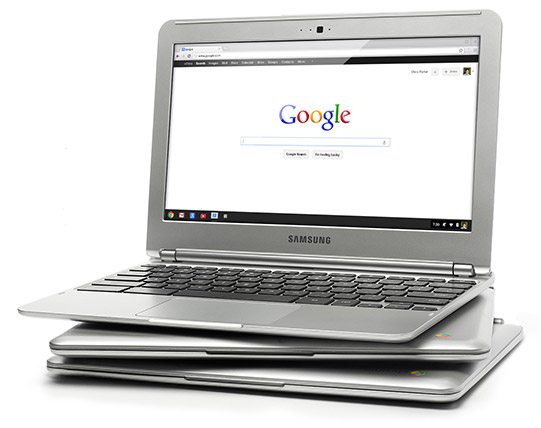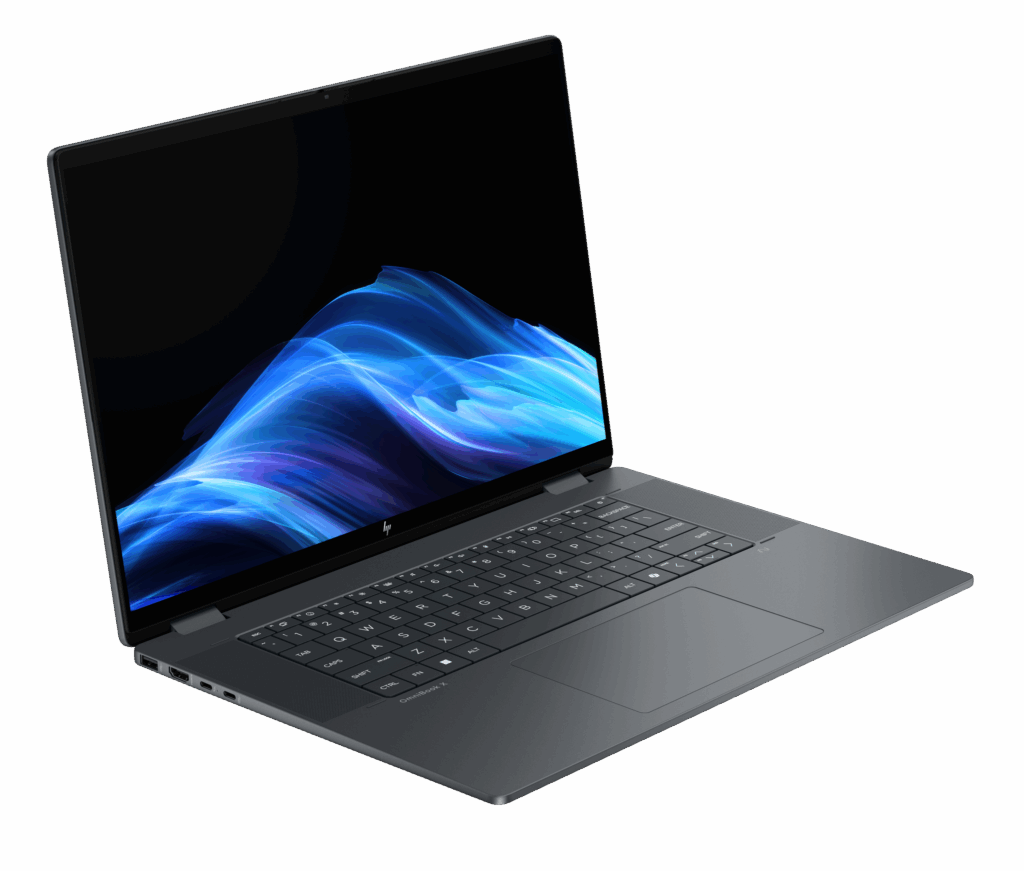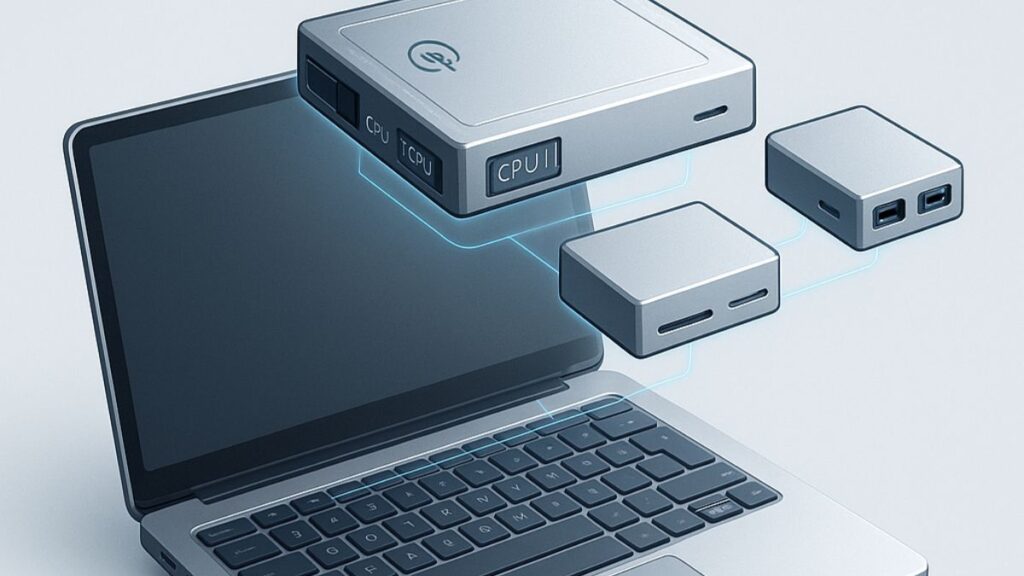Microsoft unveiled the much more affordable Surface 3 this week—putting the Windows tablet within reach of a much wider market. That isn’t the only economical computing device coming from Microsoft this week, though. According to a report from Digitimes Research, Microsoft is also working with its OEM partners to offer very low cost Windows laptops to go head-to-head with cheap Chromebooks.
Similar to its Surface 3 strategy, Microsoft is targeting students, academics and individuals in emerging markets who need affordable devices that are still powerful enough to handle basic computing tasks. In order to meet this goal Microsoft is working with partners to build Windows 10 laptops starting as low as $149. nd although speculation about the release date for these laptops are still on-going, the laptop specifications and features are already known.
The Windows 10 laptops are expected to run on Intel’s Bay Trail platform—a processor designed for low-end, affordable machines. Speculation suggests that the initial Chromebook rivals will sport an 11.6-inch display. Chromebooks come in a variety of sizes, though, so it seems likely Microsoft would eventually offer some larger Chromebook competitors as well.
There’s a lot of talk of the rising popularity of Chromebooks. The dirt cheap Windows PC alternative has managed to gain traction and carve out a growing audience of users. It is hardly a threat, though. The most recent market share data from Net Applications has Windows at 91.22 percent. Chrome OS falls somewhere in the immeasurably small “Other” category that currently occupies zero percent of the desktop OS market. Even if you consider Chrome OS to be just another Linux distribution instead of its own category that means it makes up just a fraction of the infinitesimally small 1.5 percent market share Linux has staked out.
Microsoft’s move can be interpreted in two ways. It may be an attempt by the tech giant to recapture customers lured away by the cheap Chromebooks. What is more likely—given that Chromebook still barely registers as a competing platform at all—is that Microsoft simply wants to offer the widest possible range of devices in all sizes and price points so as many customers as possible will stick with the Windows ecosystem.
The popularity of the Windows operating system sways things in Microsoft’s favor. According to one of our recent surveys more than 91 percent of the TechSpective audience already plans to upgrade to Windows 10 once it’s released. Have you used a Chromebook? Would you be interested in a $150 Windows 10 laptop? Share your thoughts in the comments below.
- Microsoft will challenge Google Chromebooks with $149 Windows 10 laptops - April 1, 2015
- Windows 10 Mobile coming soon to most Windows Phone devices - April 1, 2015
- Security researchers identify malware threat to virtual currencies - March 30, 2015




I think that is a very good idea, and I will sertendly by one of them, perhaps Microsoft should make there own, and with the onedrive , the name as a examble be Wincloud.